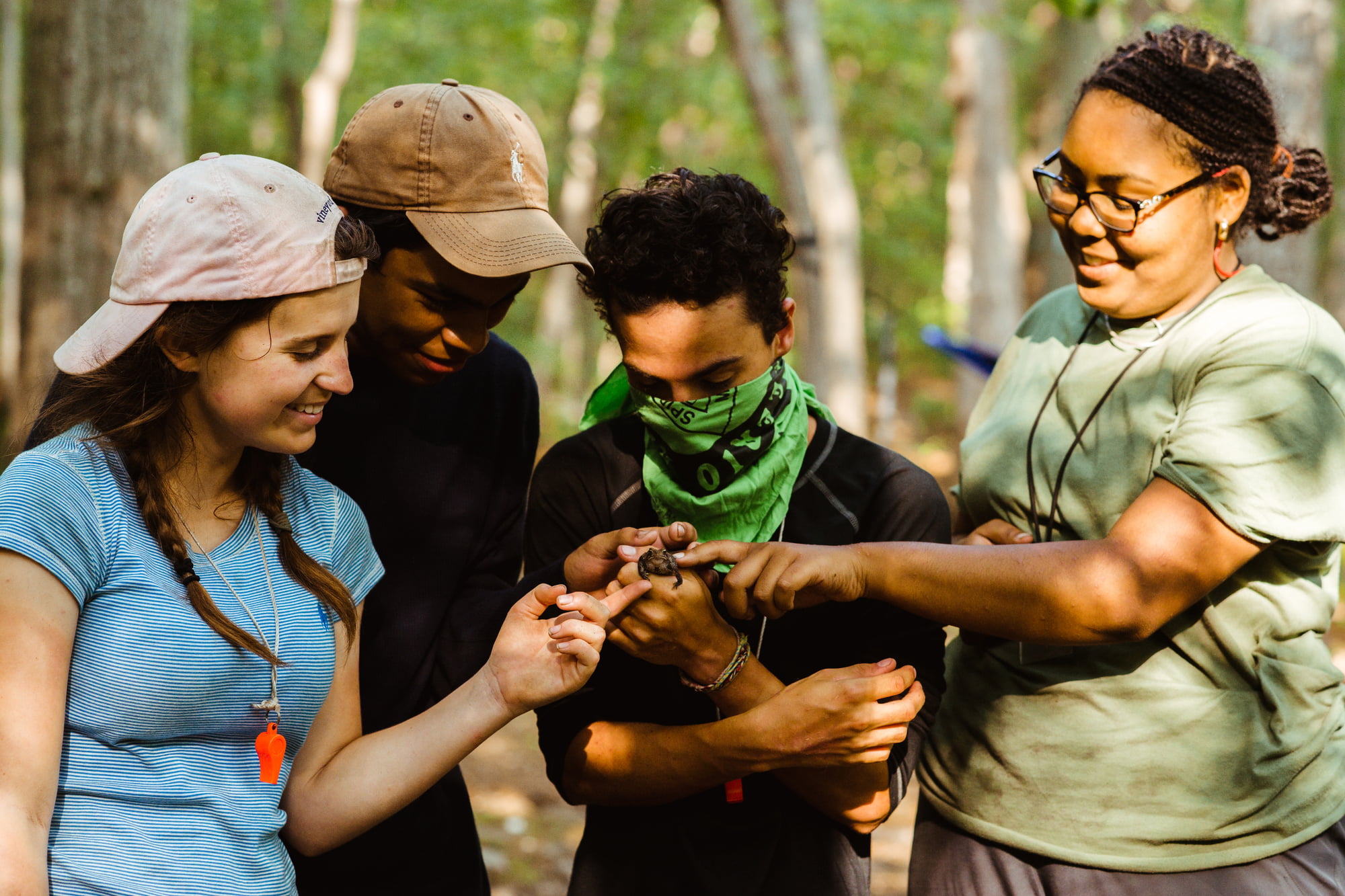Fast forward to the present day, and the relevance of Outward Bound's core principles has only intensified in the face of a myriad of complex, evolving social, economic, and environmental challenges. The last decade, especially the most recent 4 years, has seen an acceleration in the urgency of addressing several critical issues:
Social Isolation, Fragmentation, and Polarization: In an era where technology plays a dominant role in our lives, the resultant social isolation, fragmentation, and polarization are more pronounced than ever. This scenario stresses the importance of real-world connections and interpersonal skills, areas where Outward Bound programs excel.
Employability Challenges and Skill Gaps: There is a growing disconnect between the skills imparted by formal education and those required in the modern workforce. Outward Bound's focus on practical, life-based learning helps bridge this gap, emphasizing the development of skills crucial for employability and adaptability in a dynamic job market.
These issues have been recognized by the World Economic Forum (WEF) as among the most significant risks humanity faces. In a time that should be ripe with opportunities, people globally are increasingly finding themselves disconnected – from their inner selves, from others, and from the natural environment. Many suffer from low self-confidence, a lack of physical activity and nature exposure, and a deficiency in foundational “life skills” crucial for employability, positive well-being, and realizing their full potential.
Outward Bound, with its extensive history, global reach, and multi-level engagement capacity (local, regional, and global), is uniquely positioned to address these pressing needs. The organization’s pioneering "outdoor learning" approach directly tackles the global risks identified by the WEF by offering "a broader space for learning.” These empowering educational programs encourage participants to spend immersive time in nature. This immersion fosters deeper connections with themselves, with others, and with the natural world. It also builds personal and social resilience, crucial in addressing the aforementioned global challenges.
Building Back - Click to View and Download
We will reduce our impact through careful measurement and analysis, behavioural change, and innovative practice in the following areas:
Education: Strengthen participants’ understanding of and connection to themselves, each other, and the natural world. Empower students towards positive behavioural change.
Field operations: Evolve our “tread lightly” principles to ensure our field operations are environmentally and culturally sustainable
Carbon: Reduce and where possible offset carbon emissions.
Energy: Explore opportunities for energy efficiency and reduce overall consumption across operations.
Waste: Reduce, re-use and re-cycle as much waste material as possible across our operations. Look to integrate circular economy principles where possible.
Water: Conserve water and adopt geographically-appropriate/ responsible methods of waste water discharge.
Supply chains: Work with our partners and suppliers to help us achieve the above goals, and to promote sustainable practice in relation to their operations.
Outward Bound: Enabling students to survive, thrive, and contribute positively to a challenging and rapidly changing world

Chesapeake Bay Outward Bound - OB USA
In 2022, Outward Bound International was accepted as an official global member of the
International Union for Conservation of Nature (IUCN)
The IUCN is a membership Union composed of both government and civil society organisations and is the global authority on the status of the natural world and the measures needed to safeguard it. As a membership Union, the IUCN brings together the world’s most influential organisations and top experts in a joint effort to conserve nature and accelerate the transition to sustainable development. Today, with the expertise and reach of its more than 1,300 Members – including States, government agencies, NGOs and Indigenous Peoples’ Organisations – and over 15,000 international experts, IUCN is the world’s largest and most diverse environmental network.
As an international NGO member, involvement in the IUCN will provide OBI, and the Schools in the Outward Bound network, access to the world’s largest community of environmental experts; helping us to advance our own work and deepen our impact in this area while adding to the collective strength in overcoming barriers to a sustainable future. Joining the IUCN will create networking opportunities that will help OBI and our member Schools identify common interests, new partners, and potential funding sources.